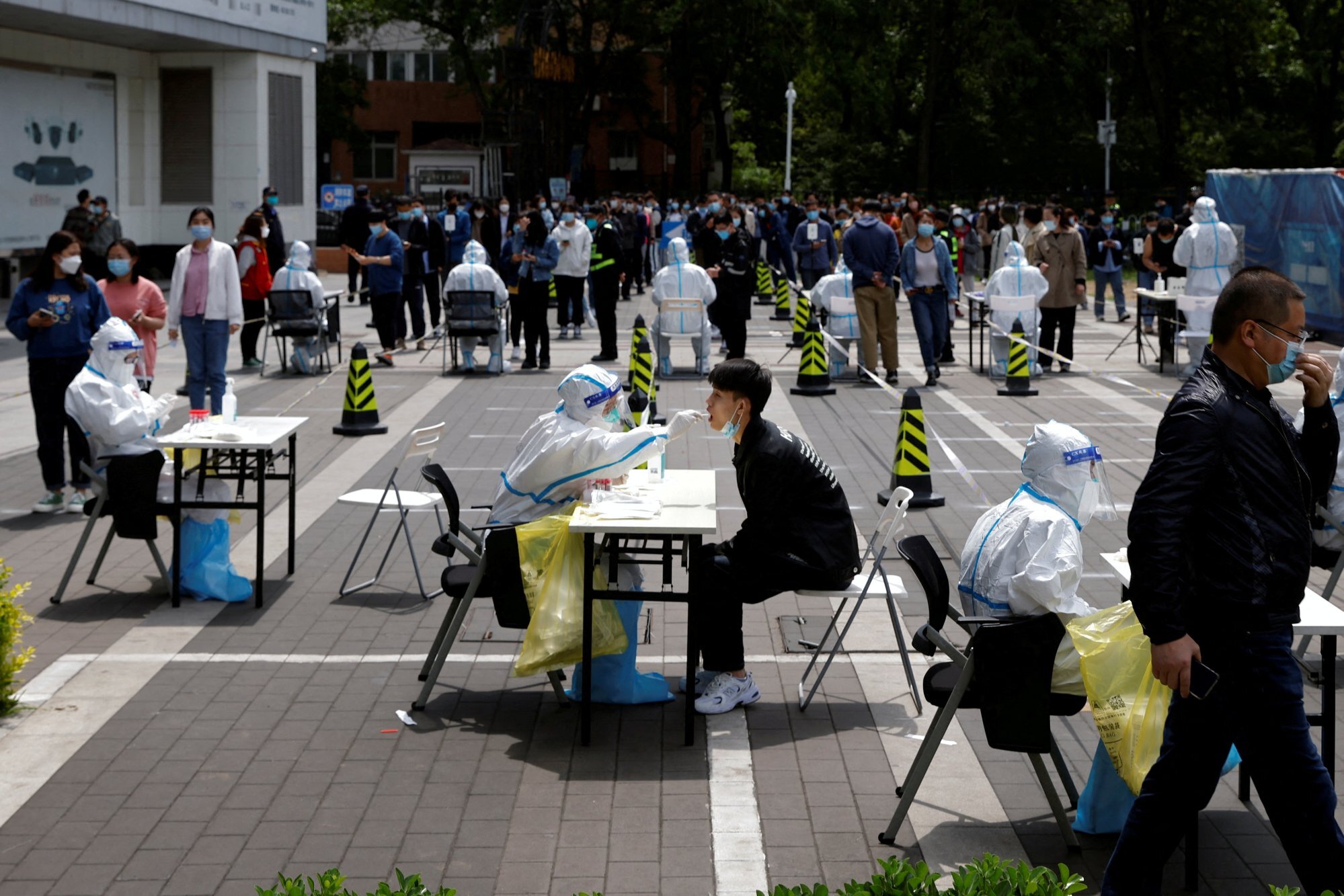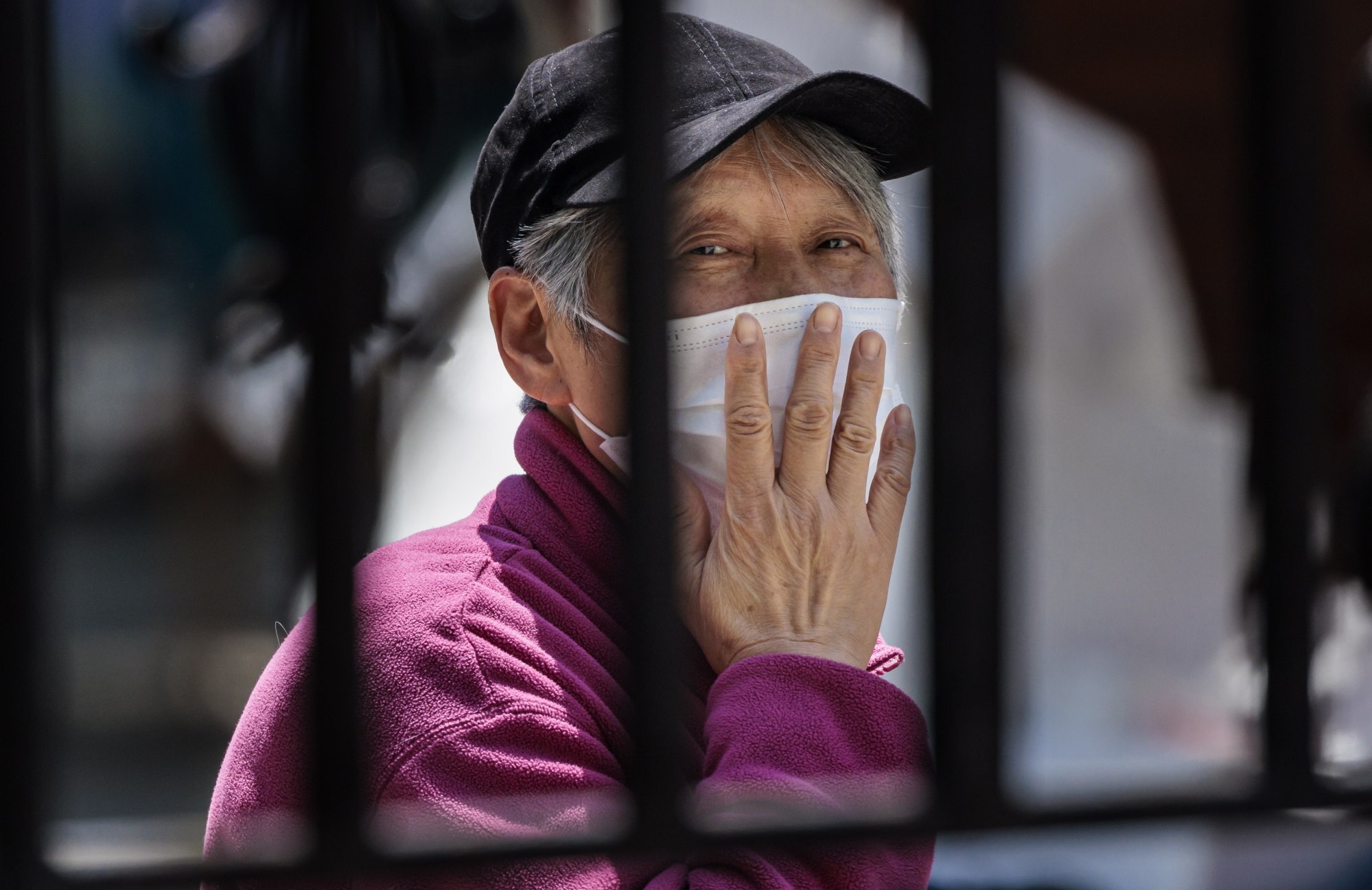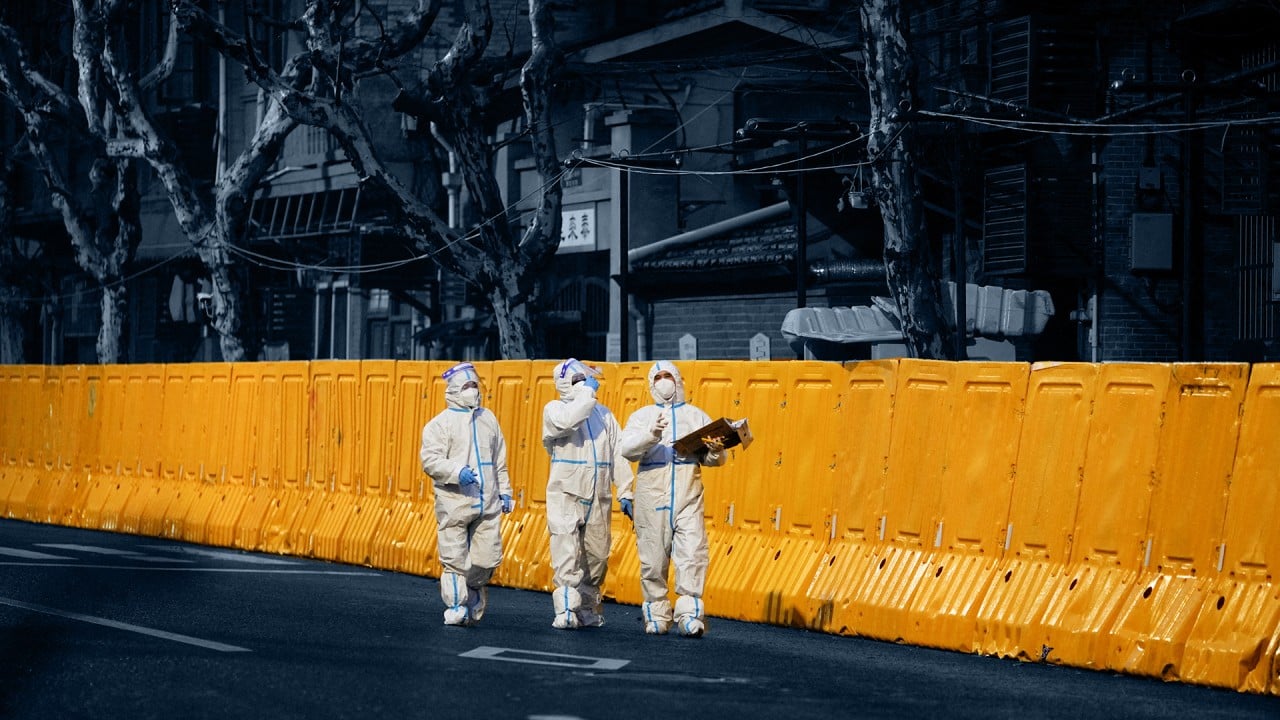
China’s Covid-19 lockdown dramas show Beijing must learn to trust its people
- While outside observers believe China faces a growing ‘trust deficit’ with the world, polls show residents’ faith in Beijing has never been higher
- But if the CCP wants to continue enjoying a high degree of faith by Chinese nationals, officials need to lock up their paranoia amid the Omicron wave of Covid-19
But China’s officials are having none of it. Rather, they take pride in frequently citing surveys by two other American institutions to show that the Chinese Communist Party and the government enjoy a high-level “trust surplus” among the general population.
The latest Edelman Trust Barometer – a survey conducted by the world’s largest public relations firm and released this year in January – showed trust among Chinese citizens in their government was a record 91 per cent, the highest seen in a decade, as compared to the US where trust in government was at 39 per cent.
Beijing must consider Hong Kong-style cash handouts amid economic worries
Another survey published by the Harvard Kennedy School in 2020, which examined data and conducted interviews between 2003 and 2016, indicated a 93.1 per cent satisfaction rate with the central government.

Indeed, for much of the past two years, the public has exhibited high levels of trust in the government’s zero-Covid strategy, complying with perhaps the world’s toughest virus control measures, including prolonged lockdowns that involved massive disruptions to people’s lives and the blatant intrusion of their privacy. Many Chinese nationals have genuinely seemed to buy into the government’s argument that China’s Covid success proved the party’s autocratic and centralised system of governance was superior.
But China’s increasingly surreal and Orwellian response to the latest Omicron-fuelled outbreak has caused widespread hardships and anger over the zero-Covid policy, which risks eroding its bond of trust with the people.
As noted in previous columns, public sentiment in China about the virus and the government’s strategy has shifted significantly, but the authorities have refused to budge and continued to ask that people persevere with the measures, despite the devastating costs and emotional distress involved.
Shanghai, one of China’s most important financial and manufacturing centres, is now in its fifth week of a hard lockdown. Although the city’s infection rate fell to a 24-day low on Thursday, authorities continued escalating restrictions in high-risk areas.
Videos online the past week showed workers putting up fences outside the ground floors of residential buildings, which were already guarded by public security officers and neighbourhood officials.
One clip in Suzhou, a city in Jiangsu Province about 100 kilometres from Shanghai, showed there were civilian guards posted every 100 metres along a highway leading to the city, with the apparent aim to deter anyone sneaking into town.
In the city of Qianan, an area in Hebei Province with a population of 780,000, authorities made residents hand over their keys to volunteers who then locked them in their own homes. Understandably, the residents cried foul, and also raised fears about the possible fire hazards. Local officials revoked the outrageous measure on Wednesday following the public outcry, adding that they would install electronic door alarms instead.
China’s zero-Covid policy causes widespread hardships. So why keep it?
These extreme measures indicate an extraordinary lack of trust on the part of China’s officials, and makes a mockery of the high-level trust it receives from the general population.
Indeed, the Chinese government, obsessed with control, has seldom placed any trust in their citizens and has hardly missed any opportunity to intrude into their lives.

It is worth noting that the Chinese public tends to make a distinction between the central and local governments, believing that the leadership in Beijing has the people’s best intentions at heart, but that local officials are not competent enough to implement the directives or deliberately shirk their duties. That is also what the central government intends for people to believe when things go awry at the municipal levels.
But those surreal and troubling stories, widely shared on Chinese social media, mean that trust must go both ways or the trust deficit with the public will start to add up.
Wang Xiangwei is a former editor-in-chief of the South China Morning Post. He is now based in Beijing as editorial adviser to the paper


